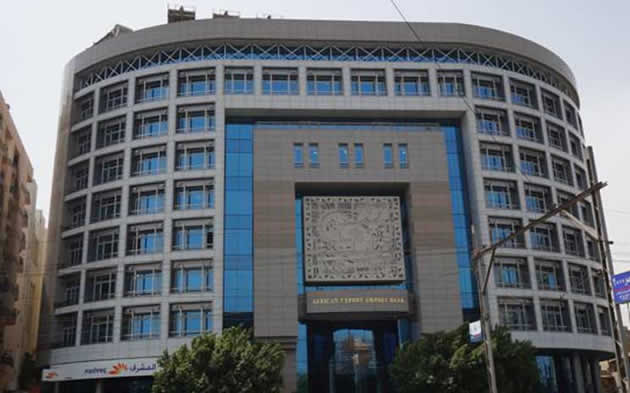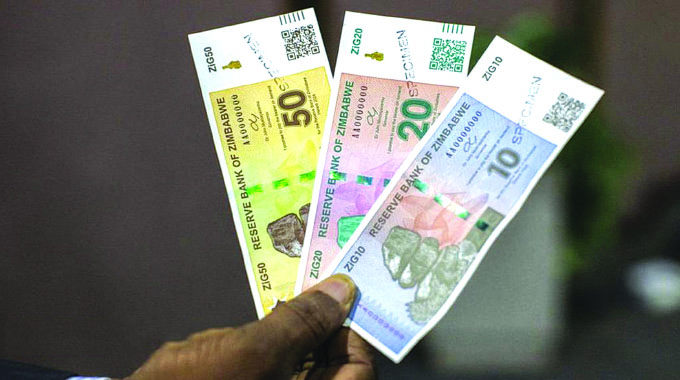Afreximbank to state position on bond notes

The Africa Export and Import Bank (Afreximbank) is expected to soon make public its position on the intention of the Reserve Bank of Zimbabwe (RBZ) to launch bond notes. Launch of the bond notes, which will have a value equivalent to the US dollar, has been set for October this year. The public has expressed mixed feelings on the proposals with those critical of the move seeing it as a back-door return of the decommissioned Zimbabwean dollar.But the Government has said it does not intend to re-introduce the local currency any time soon.
The RBZ has said the bond notes, which will trade at a ratio of 1:1 with the greenback, are backed by a $200 million Afreximbank bond facility, from which they derive their name.
The same bank earlier provided a $50 million facility which the central bank used to introduce “bond coins” at the end of 2014.
But since the RBZ made the announcement early last month, Afreximbank has remained mum on the issue, leading to questions on the authenticity of the bond notes, an issue that crept up again at the inaugural financial indaba held in Harare yesterday.
RBZ deputy director in charge of exchange control, Farai Masendu told delegates the regional financial institution would soon speak out on the matter.
“We still do not know why Afreximbank has been quiet and we are engaging them. There is a statement coming out soon,” he said
Mr Masendu said the issue of bond notes was shrouded in mystery and the central bank would be embarking on awareness programmes to clear some misconceptions.
He said the RBZ was a “listening bank” which had met with all the stakeholders to get their views on the impending bond notes launch.
Mr Masendu said the notes would be introduced into circulation through banks as part of incentives credited to exporters to boost exports, which are the country’s major source of foreign currency.
“After exporting, the money is credited into the account of the exporter and the bank gets the notes, that is how the money will get into circulation,” he said.
He said the bank was also exploring expanding the five percent export incentive to other categories such as farmers to encourage them to produce more. — New Ziana.










Comments